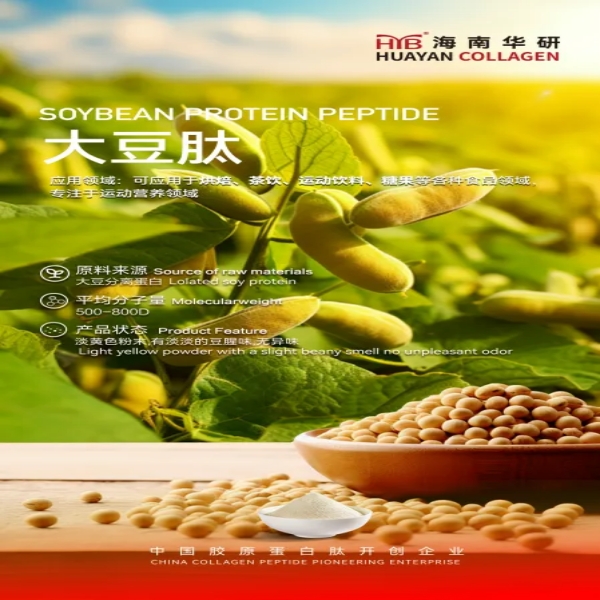Is There a Vegetable-Based Collagen?
In recent years, the beauty and wellness industry has seen a significant shift towards plant-based products. As consumers become more conscious of their health and the environment, the demand for vegan and organic alternatives has surged. One of the most sought-after products in this category is vegetable-based collagen. But what exactly is vegetable-based collagen, and how does it compare to traditional collagen sources? In this article, we will explore the concept of plant-based collagen, its benefits for skin health, and the role of vegan collagen manufacturers in this growing market.
What is Vegetable-Based Collagen?
Vegetable-based collagen, often referred to as plant-based collagen, is a term used to describe products that aim to mimic the effects of traditional collagen without using animal-derived ingredients. While true collagen is not found in plants, certain plant-based ingredients can support the body’s natural collagen production. These ingredients often include vitamins, minerals, and amino acids that are essential for collagen synthesis.
Some common plant-based sources that are believed to promote collagen production include:
- Vitamin C-rich fruits and vegetables: Citrus fruits, bell peppers, and leafy greens are high in vitamin C, which is crucial for collagen synthesis.
- Amino acid-rich foods: Foods like legumes, nuts, and seeds provide the amino acids necessary for collagen production.
- Silica-rich plants: Bamboo and horsetail are known for their high silica content, which is believed to support skin health and collagen formation.
The Benefits of Vegetable Collagen for Skin
1. Hydration and Elasticity: Vegetable-based collagen products often contain hydrating ingredients that help maintain skin moisture levels. This hydration can improve skin elasticity, making it appear firmer and more youthful.
2. Antioxidant Protection: Many plant-based collagen supplements are rich in antioxidants, which help protect the skin from oxidative stress caused by free radicals. This protection can reduce the appearance of fine lines and wrinkles.
3. Nutrient-Rich: Organic vegan collagen products are typically packed with vitamins and minerals that are beneficial for skin health. These nutrients can help nourish the skin from within, promoting a radiant complexion.
4. Gentle on the Body: For those with dietary restrictions or ethical concerns about animal products, vegetable-based collagen offers a gentle alternative. It is suitable for vegans and vegetarians, making it a more inclusive option for those looking to enhance their skin health.
5. Sustainable Choice: Plant-based collagen is often considered a more sustainable option compared to animal-derived collagen. The production of plant-based ingredients typically has a lower environmental impact, making it a more eco-friendly choice.
The Role of Vegan Collagen Manufacturers
As the demand for vegetable-based collagen continues to grow, vegan collagen manufacturers are stepping up to meet consumer needs. These companies focus on sourcing high-quality plant-based ingredients and formulating products that effectively support collagen production.
Hainan Huayan Collagen is an excellent plant-based collagen supplier, we have soybean peptide, pea peptide, walnut peptide, corn oligopeptide, etc., all of them are belonged to vegan collagen, and they are very popular with customers at home and abroad.
How to Incorporate Vegetable-Based Collagen into Your Routine
Incorporating vegetable-based collagen into your daily routine can be simple and enjoyable. Here are some tips to get started:
1. Supplements: Consider taking organic vegan collagen supplements in the form of powders, capsules, or gummies. These can easily be added to smoothies, juices, or your favorite recipes.
2. Skincare Products: Look for skincare products that contain vegetable-based collagen or collagen-boosting ingredients. Serums, creams, and masks can provide topical benefits for your skin.
3. Dietary Choices: Incorporate foods rich in vitamins and amino acids that support collagen production. A balanced diet filled with fruits, vegetables, nuts, and seeds can enhance your skin health from the inside out.
Conclusion:
In conclusion, while true collagen is not found in plants, vegetable-based collagen products offer a promising alternative for those seeking to enhance their skin health without using animal-derived ingredients. By supporting the body’s natural collagen production through nutrient-rich plant-based sources, individuals can enjoy the benefits of improved skin hydration, elasticity, and overall appearance.
As the market for organic vegan collagen continues to expand, consumers have more options than ever to choose from. By selecting reputable vegan collagen manufacturers and incorporating these products into their daily routines, individuals can take proactive steps towards achieving healthier, more radiant skin. Whether you are a long-time vegan or simply looking to explore plant-based options, vegetable-based collagen is a trend worth considering in your beauty and wellness journey.
Post time: Jun-24-2025







